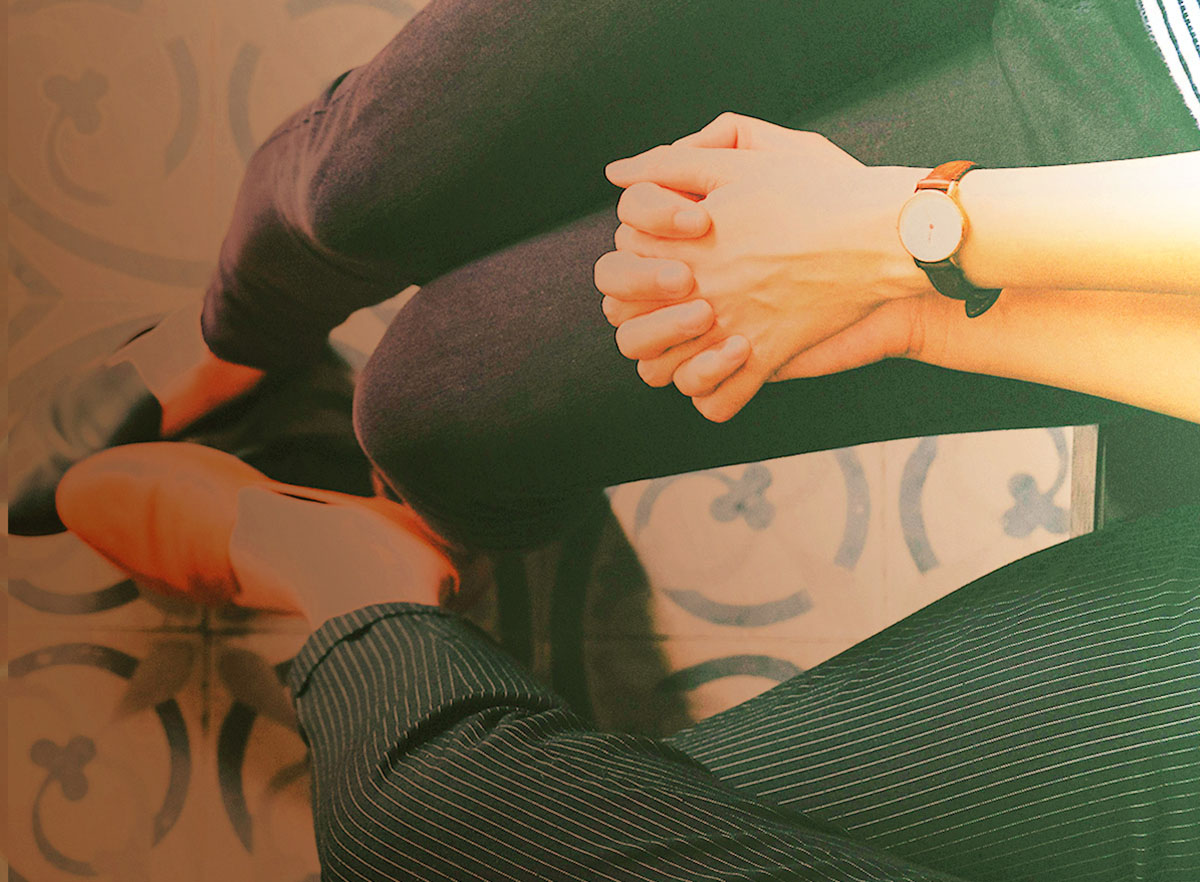Join our community
Receive the TR Together newsletters.


Lectures from the Tavistock Model
Since 1948 Tavistock Relationships has been instrumental in building a rich and effective therapeutic model to support couple relationships. The model is based on the principles of psychoanalytic psychotherapy, and grounded in decades of research, offering a depth approach to working with the couple relationships.
This series of lectures provides a comprehensive exploration of psychoanalytic perspectives on couple relationships as well as an understanding of how to work therapeutically with couples and is suitable for anyone working with couples, interested to start working with couples or simply interested in the complexities inherent in being in a relationship.
The talks include the importance of the interplay of past influences, present dynamics, as well as the future potential in couple relationships, framing the couple as vehicle for creative development throughout the life cycle.
Clinical issues with couples work such as the complex terrain of transference and countertransference and a different way of working considering there are three in the room are discussed.
These lectures collectively offer insights which will enrich your understanding of psychoanalytic approaches to the complexity of couple relationships.
Much analytic work with individual patients takes place on the intricately layered terrain made up of our patients’ complex and shifting transference to their therapist and our own interpretations informed by the corresponding countertransference. Speaking to patients about our understanding of what is alive in the two-some of the analytic couple at any given moment is fundamental and lends each treatment its unique and particular atmosphere. This constantly changing transferential web holds within itself a multitude of repetitions and enactments waiting for interpretation. Krisztina Glausius in her lecture will consider the opportunities brought about by the introduction of the couple and their relationship into this already complex matrix. The extra dimension of ‘the third’ can both muddy the waters and clear up previously murky aspects of both the couple’s relationship and the internal world of each partner.

Krisztina Glausius is a couple and individual psychoanalytic psychotherapist and a visiting supervisor and lecturer at Tavistock Relationships where she has formerly worked as Head of Clinical Services.
Krisztina has developed several innovative approaches ranging from brief time-limited couple therapy through to services providing therapeutic support to adopting parents or conflicted separating couples. She has co-authored papers resulting from these and other projects. She has published guides to support parents who separate as well as for professionals who are looking for ways to understand and work with couples.
She has worked as a senior research psychotherapist on TR’s randomized controlled trial examining the effectiveness of its Parents in Conflict Service and was part of the clinical team delivering the Parents in Dispute Project, a Mentalization based intervention aimed at helping high conflict separated parental couples to ensure better outcomes for their children. Both of these roles involve a creative application of analytically informed therapeutic work with couples, groups and individuals.
Standard Price: £25
Trainee and NHS staff: £20
Group Rates (for 4 or more): Contact makeritafaumui@trtogether.com for customised pricing.
Trainee discount: To qualify for this offer you need to be taking a course which provides core practitioner training in counselling or psychotherapy that is at least 1 year full time or two years part time and recognised by the BACP or UKCP. TR Together reserve the right to ask to see evidence of training being undertaken.
Alumni: If you are a TR Alumni (TRAPC member) please email anitabruz@tavistockrelationships.org for a discount code to add at checkout
Your CPD Certificate will be available to download from your TR Together account 48 hours after purchase.